Pennsylvania: 4390 Red Light Camera Tickets Refunded
The Philadelphia Inquirer reveals that the city issued thousands of red light tickets in error. A total of 4390 motorists will receive a refund, for a total of $439k. The error came to light in the case of Mike Kochkodin; the 59-year-old motorist received a ticket on March 17 for allegedly entering an intersection two-tenths of a second after the light turned red. Last month, a Philadelphia Parking Authority (PPA) adjudicator summarily dismissed Kochkodin’s case, noting that the city had promised not to take photos until a third of a second had elapsed. “We did not know the magnitude of the problem, nor did the contractor report it,” PPA Executive Director Vince Fenerty told the Inquirer. “Should we have looked further? Most definitely. We didn’t.” Fenerty suggested the error was caused by the February switch from cameras that use 35mm film to fully digital camera technology. Philadelphia seems unaware of its own ordinance, which bans the use of digital technology. “Photographs collected as part of the automated red light enforcement system must be 35-millimeter film only, must only record traffic violations and may not be used for any other surveillance purposes,” Philadelphia Code 12-3012 states. The provision was initially authored by state lawmakers as a means of ensuring the lucrative contract landed with campaign donor Affiliated Computer Services (ACS). Once the provision was publicized, however, PPA selected a less controversial vendor. Between April 1, 2007 and March 31, 2008, the system issued 89,156 tickets worth $8,915,600 at just ten intersections. ATS banked $2,835,952, while ACS took $134,232 for collection services. [ click here for the full story from thenewspaper.com]
More by The Newspaper



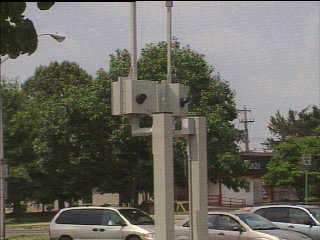














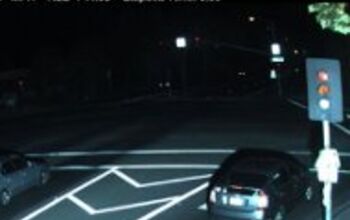
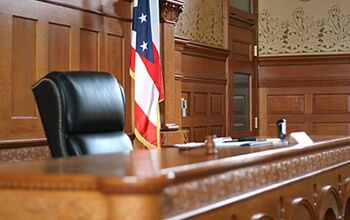
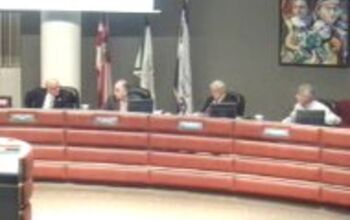
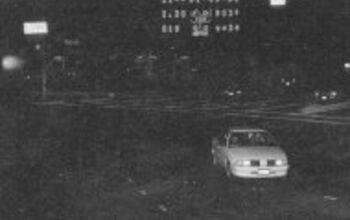











Comments
Join the conversation
I am as opposed to red light cameras as anbody, but I have to admit that certain sections of Philadelphia have seen a dramatic decrease in accidents as a result of their implementation. Roosevelt Blvd. is a great example.
BlisterInTheSun, Based on what do you make that observation? None of the claims made by Philadelphia can be independently verified because the city makes it illegal to disclose any information about the program. If it's so wonderful, what are they trying to hide? Link to law "Notwithstanding any other provision of law, information prepared under this Chapter and information relating to violations under this Chapter which is kept by the City or its authorized employees or agents, including photographs, written records, reports or facsimiles, names, addresses and the number of violations under this Chapter, shall be for the exclusive use of the City, its employees, its authorized agents and law enforcement officials for the purpose of discharging their duties under this Chapter. The information shall not be deemed a public record under the act of June 21, 1957 (P.L. 390, No. 212), as amended, known as the Right-to-Know Law. The information shall not be discoverable by court order or otherwise, nor shall it be offered in evidence in any action or proceeding which is not directly related to a violation of this Chapter." I will add that Washington, DC used to claim massive accident reductions. Until the Washington Post proved those claims were completely bogus.